
An LGBT advocacy group that once took on Christian colleges in a high-profile legal challenge is shutting down.
The Religious Exemption Accountability Project (REAP) was founded to contest how Title IX’s religious exemption applies to schools receiving federal funding.
After years of legal battles, court losses, and internal challenges, the group has now announced that it will be closing, leaving unanswered questions about what comes next.
The Announcement
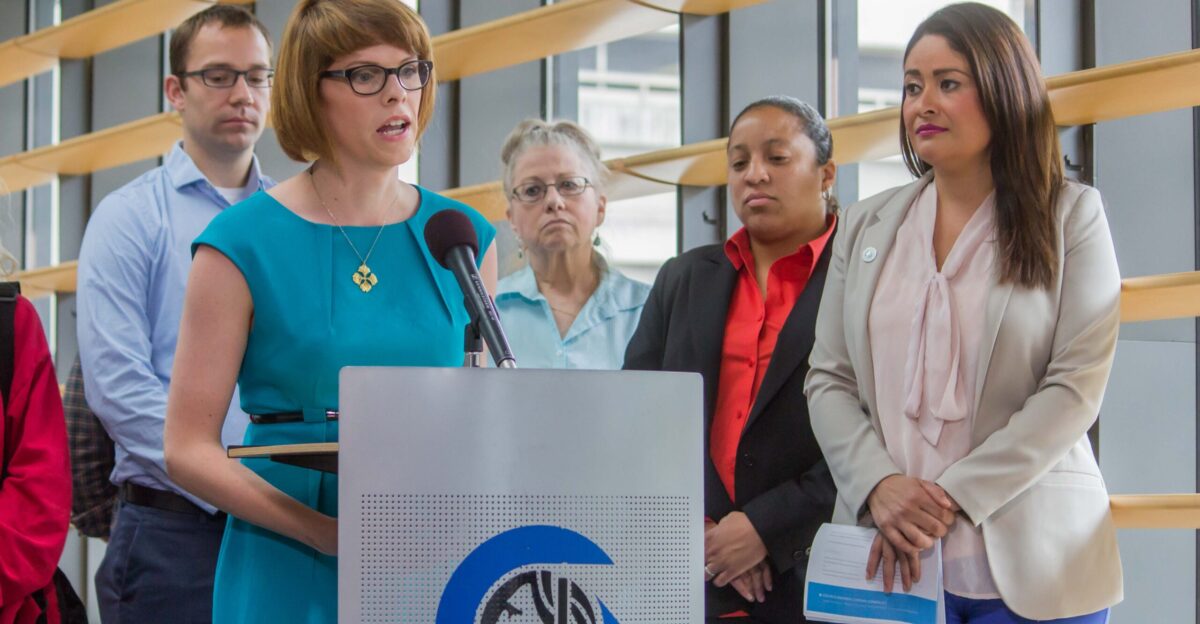
In an email to supporters, REAP’s board confirmed the organization will cease operations. The message cited a “serious internal issue” that impacted both its financial and operational stability.
While details remain undisclosed, the board expressed gratitude to the students, alumni, donors, and volunteers who had supported the mission from the start.
Origins of REAP

REAP began as a campaign by queer students and alums to highlight discrimination they experienced at religious colleges and universities.
Over time, it became a national nonprofit dedicated to advocating for LGBTQIA+ students at these institutions. Its work combined legal action with personal storytelling to raise awareness.
The Title IX Religious Exemption
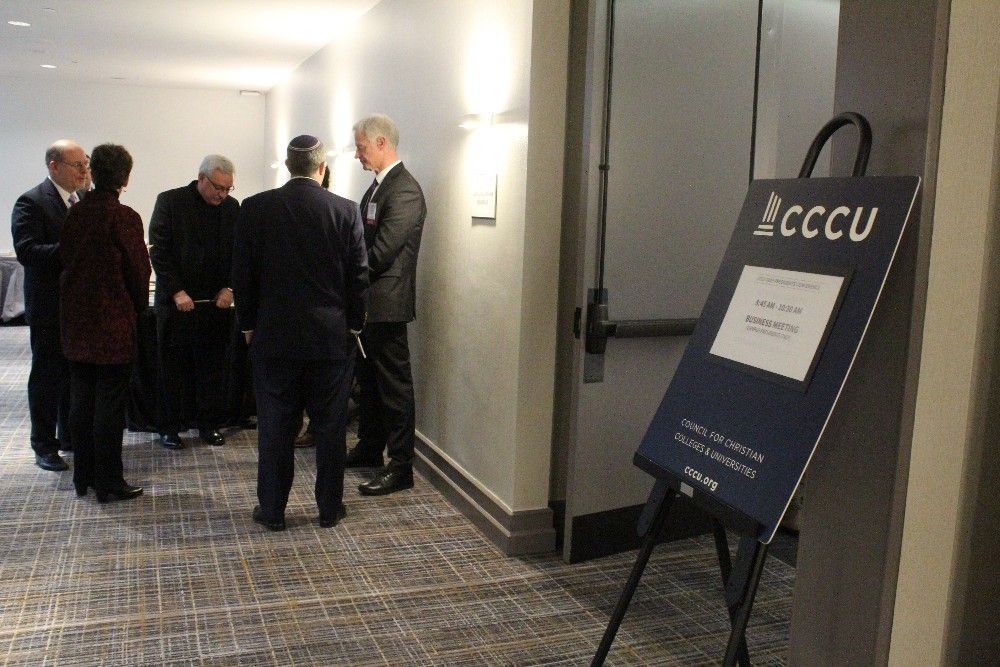
Title IX is a federal civil rights law prohibiting sex-based discrimination in education for institutions receiving federal funding.
However, it contains a religious exemption, allowing schools controlled by religious organizations to operate according to their beliefs when Title IX requirements conflict with those tenets.
The 2021 Lawsuit

In March 2021, REAP filed a lawsuit against the U.S. Department of Education. The complaint represented over 30 LGBT-identifying students and alumni from more than 20 religious colleges.
The plaintiffs argued the exemption allowed schools to discriminate against them while still benefiting from federal funds.
Lead Plaintiff’s Experience
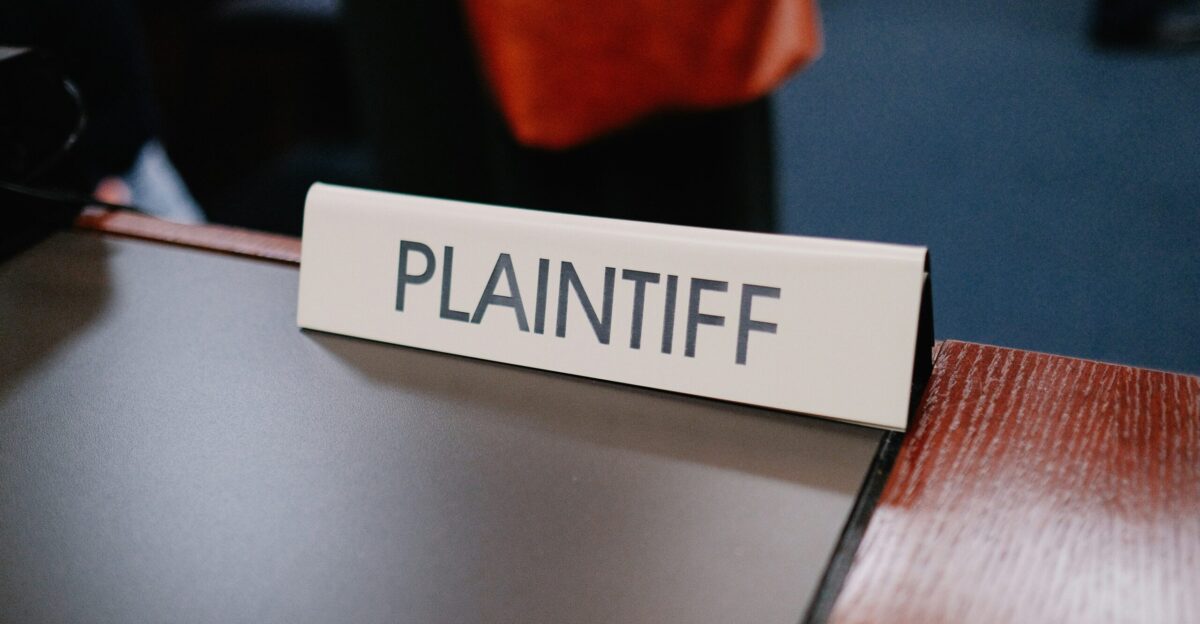
The lead plaintiff, Elizabeth Hunter, was a former student at Bob Jones University. She alleged that school officials harassed her because of her sexual orientation and pointed to handbook rules prohibiting same-sex romantic relationships. Hunter said this created what she described as a “scary, harsh environment.”
Other Institutions Involved

Other plaintiffs attended schools such as Baylor University in Texas, Union University in Tennessee, Fuller Theological Seminary in California, and Azusa Pacific University in California.
Each had its own policies and codes of conduct shaped by religious doctrine, which plaintiffs claimed were discriminatory.
Christian Colleges’ Response

The Council for Christian Colleges and Universities (CCCU) intervened in the case, defending the exemption.
CCCU argued that eliminating it would be an “existential threat” to religious higher education, as it would prevent schools from operating in line with their core faith-based principles.
The Federal Court Ruling

In January 2023, U.S. District Judge Ann Aiken dismissed the lawsuit. She ruled that the plaintiffs failed to prove the religious exemption was enacted with discriminatory intent.
The decision emphasized that Congress included the exemption decades ago without an explicit focus on sexual orientation or gender identity.
The Judge’s Reasoning

Judge Aiken noted that plaintiffs did not present allegations of discriminatory motivation when the exemption was passed.
She pointed out that, at the time, issues concerning sexual and gender minorities were not part of the legislative debate surrounding Title IX’s creation.
Appeal to the Ninth Circuit

Following the loss in district court, REAP appealed to the Ninth U.S. Circuit Court of Appeals. A three-judge panel upheld the lower court’s decision, with Judge Milan D. Smith, Jr. writing the opinion.
The panel affirmed that such religious accommodations are consistent with longstanding legal precedent.
Historical Context
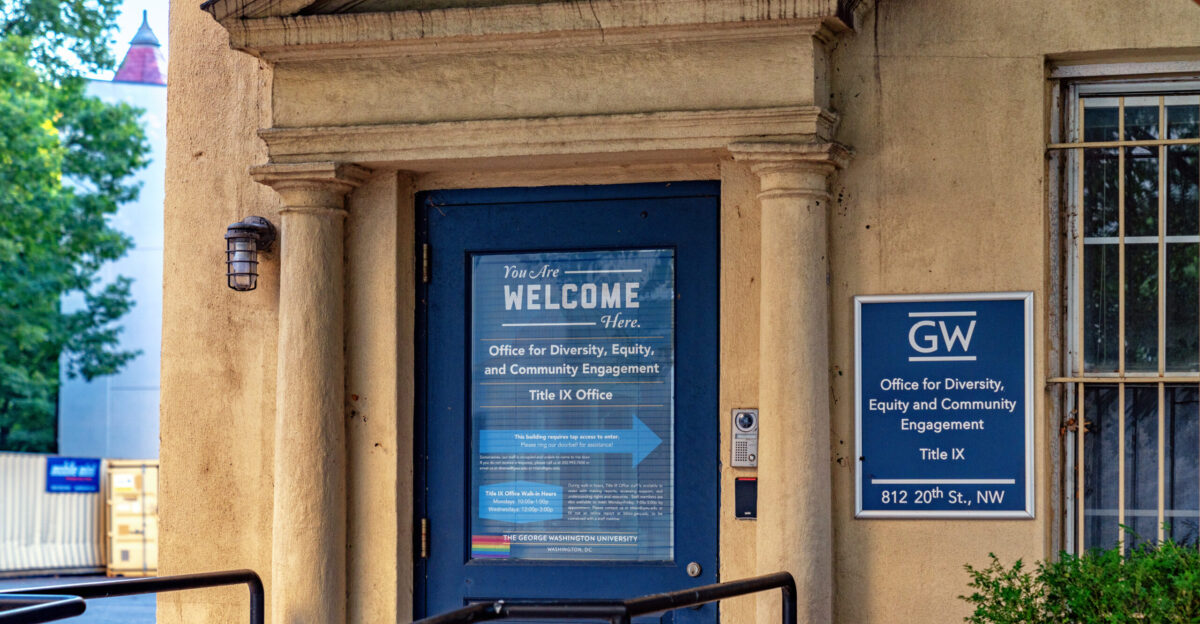
Judge Smith cited a “continuous, century-long practice” of government accommodations for religion. He concluded that the religious exemption in Title IX was a facially neutral policy, meaning it did not single out or target any particular group for discrimination in its design.
Determining Exemptions

Under current rules, when a school claims a Title IX exemption, the Department of Education assesses two factors: whether a religious organization controls the institution and whether Title IX requirements would conflict with its religious tenets.
REAP’s Reaction to the Losses

After the appellate ruling, REAP stated it would continue fighting for LGBTQIA+ students. The group emphasized the need for advocacy beyond the courts, pointing to storytelling, awareness campaigns, and public pressure as tools for change.
The Unexpected Closure

Despite those commitments, REAP has now confirmed its closure. The organization will remain incorporated only to wrap up legal obligations and preserve its archive of materials. No timeline for complete dissolution has been shared.
Unanswered Questions
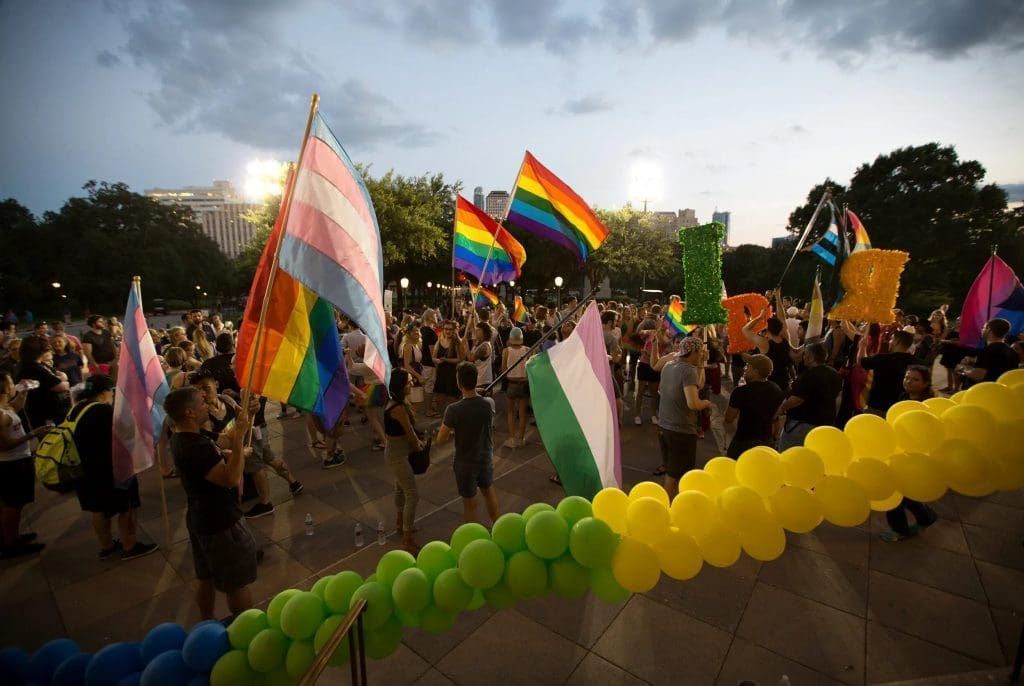
The “serious internal issue” cited by REAP remains unexplained publicly. Without more details, speculation continues about whether the closure was primarily financial, organizational, or connected to the legal defeats.
Reactions from Supporters

Many supporters expressed disappointment over the news, praising REAP’s work in giving a voice to LGBTQIA+ students in faith-based settings.
Others acknowledged the challenges of sustaining such advocacy work against strong legal and institutional resistance.
Broader Debate Continues
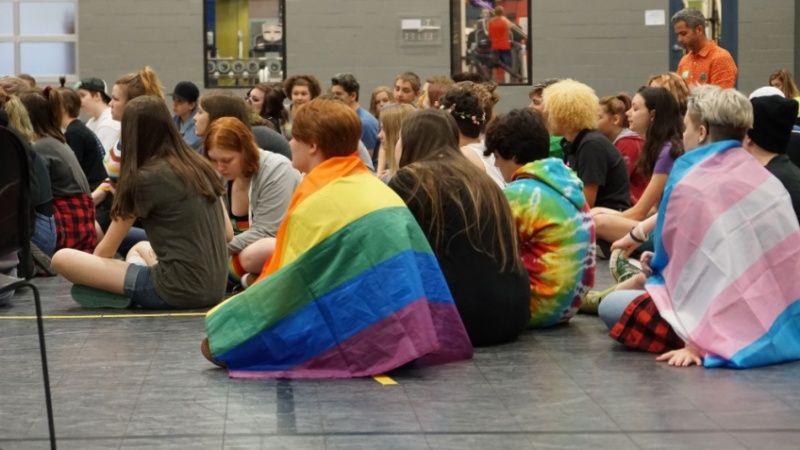
The legal battles over Title IX’s religious exemption remain unresolved in the broader public debate. Advocates for religious institutions argue that the exemption protects their right to operate according to their beliefs. LGBTQIA+ advocates say it enables discrimination with taxpayer support.
Future of the Cause

With REAP closing, the question is who will take up the fight. Other advocacy organizations may continue pushing for changes through legislative means, court challenges, or public campaigns, but the path forward is uncertain.
Closing Thoughts
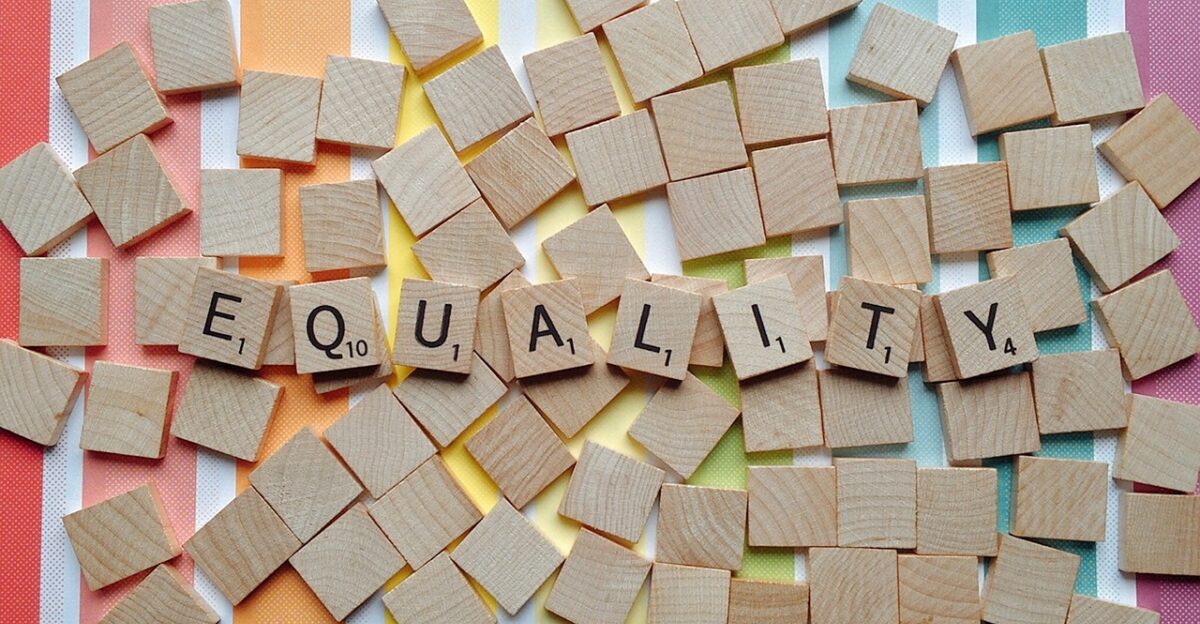
REAP’s shutdown marks the end of a significant chapter in the struggle over LGBTQIA+ rights in religious education.
While the group will no longer lead the charge, the tensions and questions at the heart of its mission remain, ensuring the debate over Title IX’s religious exemption is far from over.